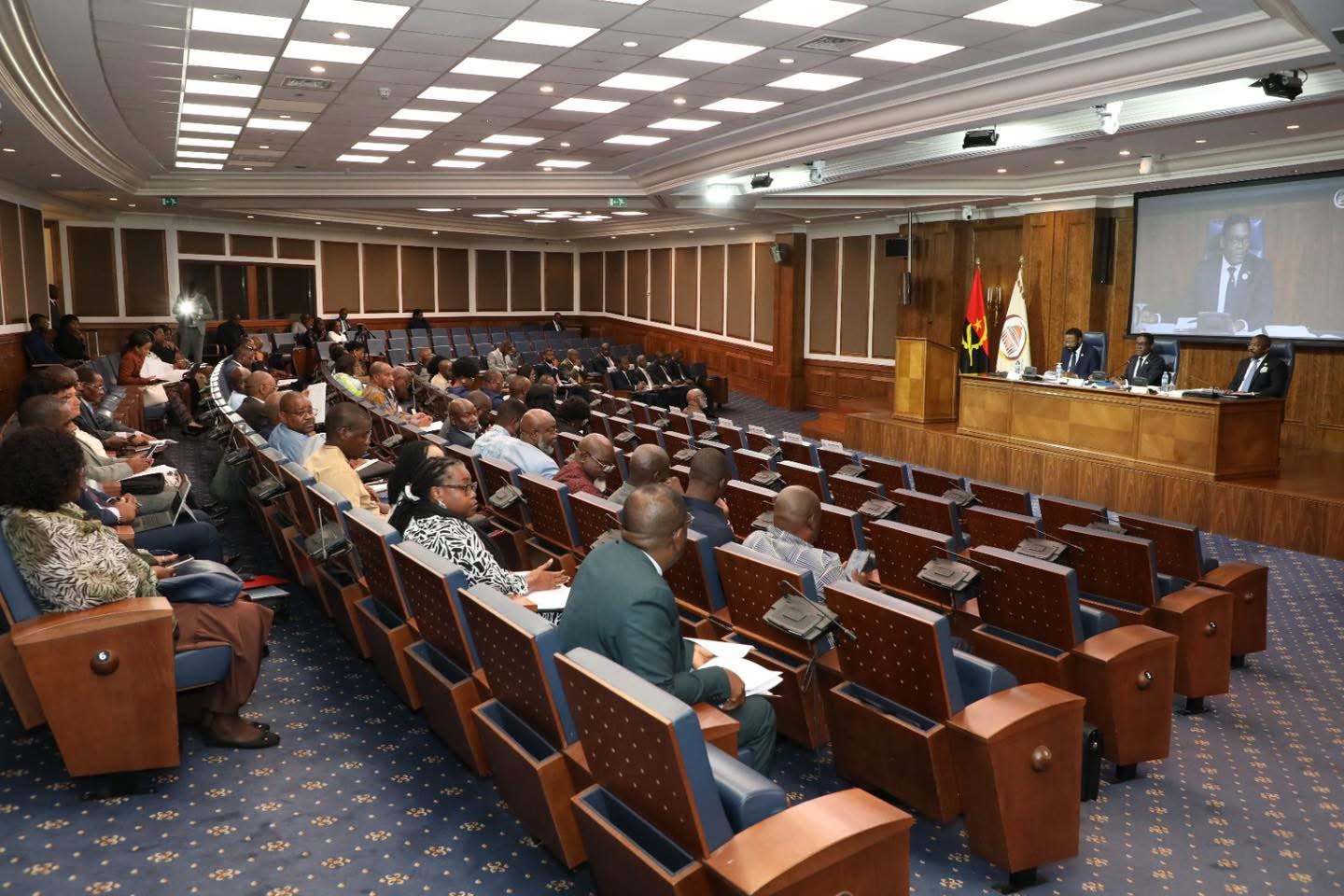

Your go-to source for in-depth coverage of political developments, economic trends, social affairs, and vibrant cultural stories from across the continent.

The draft amendment, introduced by the Executive, seeks to revise the Organic Law on General Elections by removing the summary minutes — key documents that consolidate vote totals at individual polling stations.
The government defends the move as part of broader efforts to simplify and modernize election procedures.
But UNITA, led by Adalberto Costa Júnior, has fiercely opposed the proposal, warning that eliminating the summary reports would severely undermine transparency.
“The summary minutes are one of the essential mechanisms for public control and parallel verification of results,” the party stated.
In response to the proposed change, UNITA insists that if summary minutes are to be removed, then the original full minutes from each polling station must be publicly displayed on-site after voting concludes.
The opposition views this as a necessary safeguard to ensure public scrutiny and protect electoral integrity.
The MPLA, which holds a parliamentary majority, has dismissed the opposition’s concerns. Party representatives argue that the existing electoral framework already provides sufficient oversight, citing the role of local electoral commissions and party delegates in monitoring the process.
The dispute underscores deeper divisions between Angola’s two dominant political forces — not just over legislative details but over broader trust in the electoral system.
The lack of agreement has further stalled progress on the reform bill, raising doubts over its passage ahead of the next general elections.
As debate continues, the issue of how to balance efficiency with accountability remains at the heart of the deadlock, with both sides entrenched in their positions and no compromise in sight.
I am an avid African news observer, and an active member of Daily Mail Africa.
I’m Passionate about staying informed on diverse topics across the continent,
I actively contribute to publishing on political, economic and cultural developments in Africa.